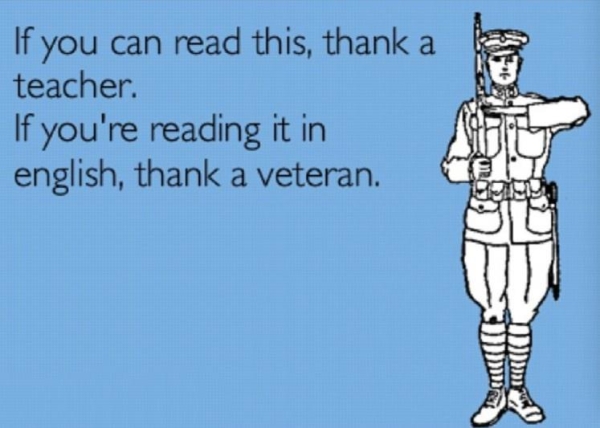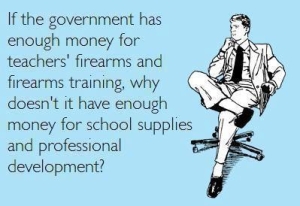Circumstances had kept me away from my blog. Circumstances had me searching through the garage for Christmas decorations. In the end, circumstances led me to a box of the wife’s books that had followed her from her old elementary school.
Staring back at me was this vintage school edition:
Me being me, naturally, this type of serendipity demanded that I post this to Facebook. On a slow Sunday, I wanted to get the requisite immature giggles and silly innuendos from my friends. After all this was a book written in 1959, using acceptable language of the time, and it would definitely generate the proper immaturity.
So I did.
And “Likes” I got.
I posted more from the book:
This book sounded like something I could milk for laughs throughout the afternoon and evening.
But then I started to flip through the pages of the book:
“This story takes place in 1781 in Newtown, Connecticut. The main part of the story is true though Adam and his family are imaginary. The golden cock is still on a steeple of a church in Newtown…”
Newtown.
And to find this book during this particular week, this particular anniversary…
I was getting laughs out of what is the symbol of the city of Newtown.
While I don’t shame very easily, I felt it now. Nice timing, huh?
For someone who tries to take pride in his knowledge of American history, having spent the bulk of his teaching career teaching 5th graders about the nation’s foundation, this was a story I had never known: that of Newtown’s small but critical role in the denouement of the American War for Independence:
By 1781 the war was about to wind down although it may not have looked that way at the time. The French, having seen that the Americans could actually hold off a British army in Battle and always looking for a way to annoy the British, committed four regiments of troops to aid George Washington.
These troops under the command of the Compt d’Rochambeau, landed in Newport RI, in 1780 and languished there until Washington devised a use for them against the British in New York at the beginning of the fighting season a year later.
The problem was getting the French force from Rhode Island to his headquarters, then in the Hudson Highlands. The solution was to march them across the middle of Connecticut where they were away from the coast and thus not subject to British attack.
Marching across the middle of the state brought them into Newtown, and it was here that they planned to make their 10th camp and rest for a couple of days before joining Washington.
On June 28th, the first of the four regiments consisting of 1,000 men arrived in Newtown and camped on Church Hill Road about where St. Rose Church is today. For protection, they placed their artillery park on top of Castle Hill where it commanded the southern approach against the possibility of approaching British soldiers.
The next day the second regiment of 1,000 troops marched in and also camped on Church Hill Road across from the entrance to Walnut Tree Hill Road. The third division arriving on June 30th, set out their camp on the plain alongside the Pootatuck River in Sandy Hook.
Even before the fourth regiment could arrive, Washington received word that the French fleet was in a position to bottle Lord Cornwallis in the Chesapeake Bay and so a fast messenger was sent to have Rochembeau hasten his march to New York.
The poor fourth regiment had just arrived in Newtown where they were scheduled to stay and rest for two days when they were told they had to move out immediately.
And so on July 1st, the French in their splendid white uniforms and blaring French martial music, marched out of Newtown to join the American forces as they headed to the resounding victory over Cornwallis at Yorktown that effectively ended the war.
As it goes, this book, that I had been so determined to mock, was mocking me right back, in its own way.
The story itself is, in my opinion, ordinary, as children’s historical literature goes: When French troops under General Rochambeau camp near the young boy’s town in Connecticut, the boy makes the acquaintance of a young French soldier and must face up to a questionable relationship with a friend whose father is a Tory. The church’s weathervane, the eponymous “cock” of the story, makes it appearance in the story by appearing to Adam in a dream in the midst of his ambivalence towards his friend living so close to the French encampment. In all seriousness, being what it is, the rooster gives Adam no real help in trying to sort through his dilemma.
In real life, the rooster weathervane still sits upon the steeple of the Newtown Congregational Meeting House.
If not for the events of a year ago today in Newtown, that weathervane—and the inevitable sophomoric humor that it derives for people like me—should have been the extent of Newtown’s notoriety.
But it’s not.
Circumstances had taken care of that detail.














 Here it comes. This is just one story of
Here it comes. This is just one story of